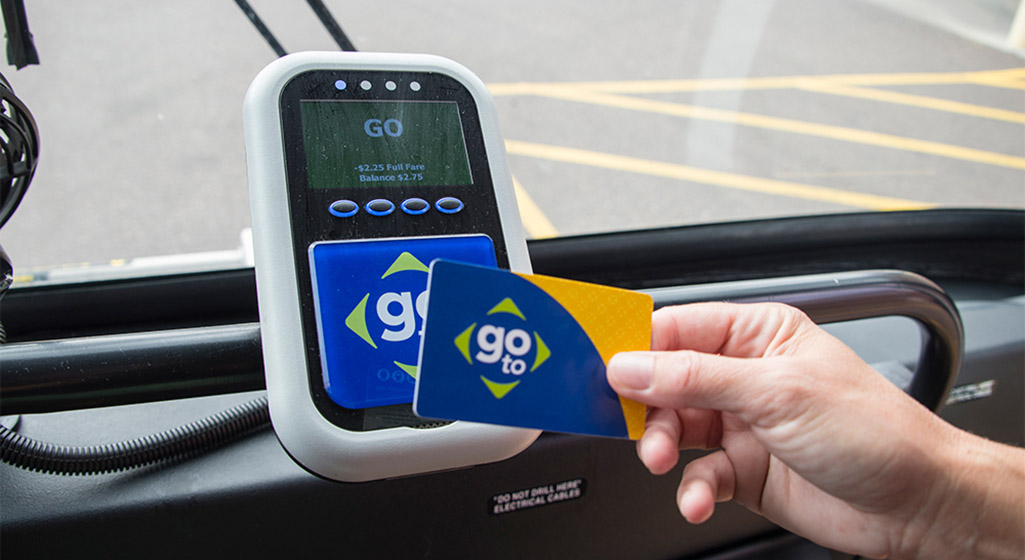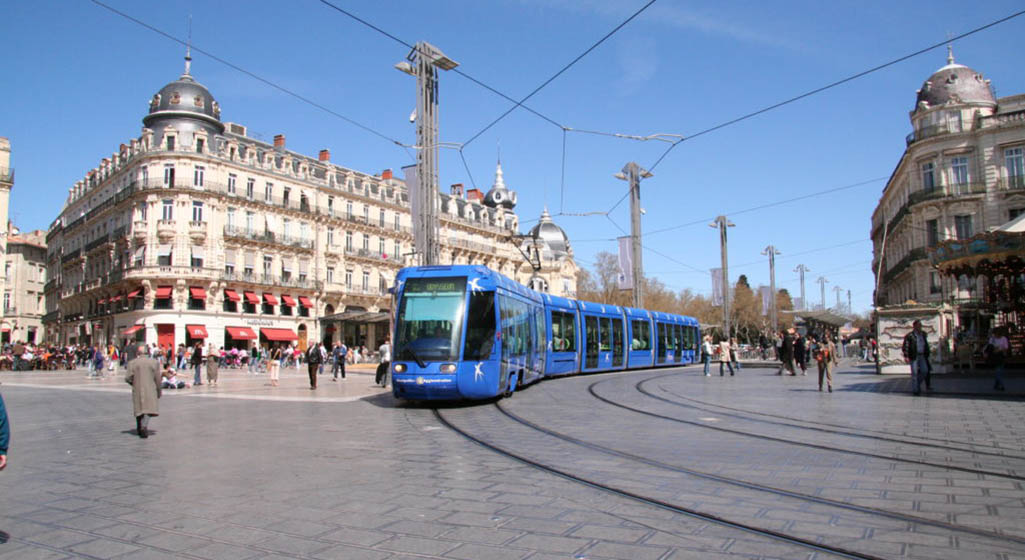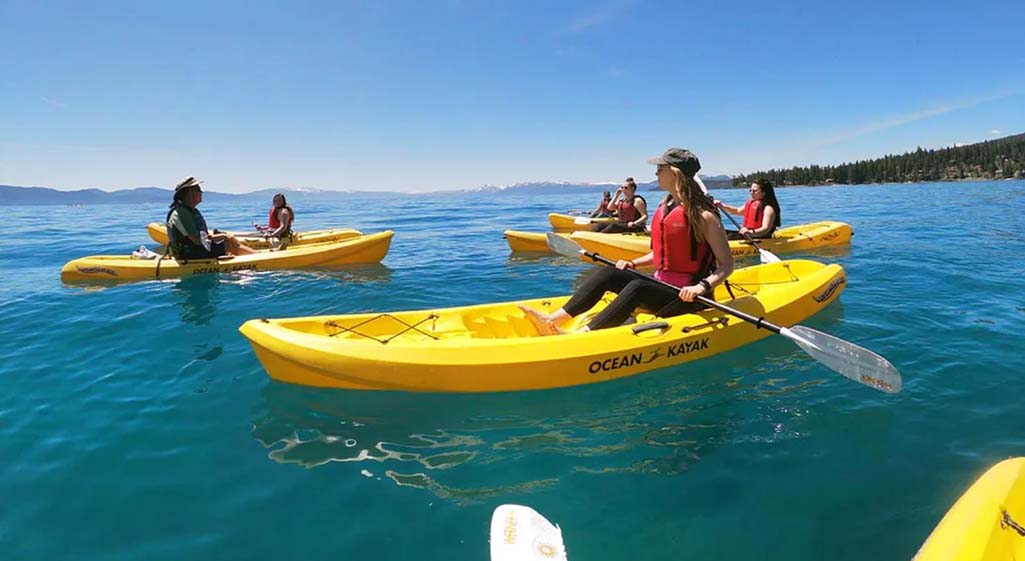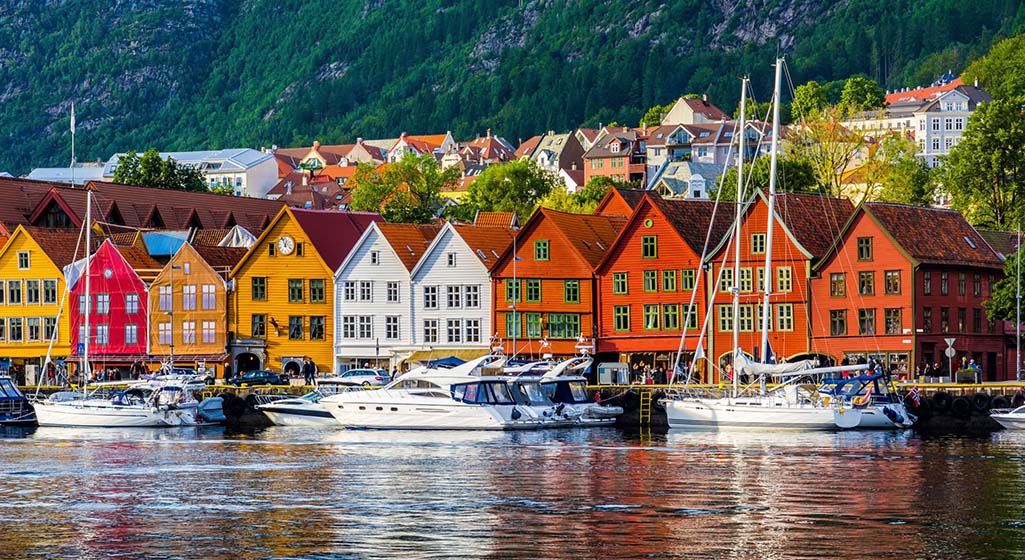Turin, located in the Piedmont region of Italy, is a city rich in history and modern charm. As an important industrial, cultural, and historical center in Italy, Turin attracts visitors from around the world. When exploring this city, there are some basic information and practical knowledge that every newcomer should understand to ensure a smoother trip. Whether it’s how to communicate with the locals or how to effectively use public transportation, preparation is key.
1. Language: The Basics of Communicating with Turinese People
For visitors arriving in Turin for the first time, language is undoubtedly one of the most important factors to consider. While Italian is the official language of Italy, many Turinese people, especially in tourist areas and business districts, can speak basic English. However, learning some basic Italian expressions not only helps you communicate more easily with locals but also allows you to immerse yourself in the cultural charm of this city.
- Basic Greetings and Common Expressions
- Ciao (Hello/Goodbye): This is the most common greeting in Italy and is used among friends and acquaintances.
- Buongiorno (Good Morning): Used during the daytime, especially in the morning.
- Buonasera (Good Evening): Used in the evening or late afternoon.
- Per favore (Please): A polite expression used to make a request.
- Grazie (Thank you): A commonly used phrase to express gratitude.
- Scusi (Excuse me): Used to grab someone’s attention or ask for help.
- English Usage In many commercial areas, restaurants, and tourist spots in Turin, service staff and shop assistants usually understand and can speak basic English. However, in some more traditional shops or remote areas, English may be less commonly spoken. In these cases, knowing a few basic Italian phrases will help you feel more comfortable.
- Dialect Influence The Piedmont region, where Turin is located, also has its own unique dialect—Piedmontese. Although this dialect is not commonly used in everyday conversations, learning a few words of Piedmontese can make you seem more friendly and endearing to locals. In more traditional households or restaurants, you might hear some Piedmontese being spoken.
2. Currency: How to Manage Your Finances in Turin
As one of Italy’s major cities, Turin uses the Euro (EUR) as its currency. Therefore, visitors to Turin should understand how to manage their finances, including currency exchange, credit card usage, and cash handling.
- Currency Exchange Currency exchange services are available at major airports, train stations, and banks in Turin. If you need to exchange cash when you arrive, the exchange points at the airport and train stations are the most convenient options. However, be aware that these places usually charge higher fees. If you don’t need cash urgently, you can choose to exchange money at a bank or a dedicated exchange shop in the city center.
- Credit and Debit Cards Most shops, restaurants, and hotels in Turin widely accept credit cards, especially Visa and MasterCard. In high-end malls and tourist areas, almost all merchants accept credit card payments. However, some smaller shops or market stalls may prefer cash. It’s advisable to carry some cash with you to deal with these situations.
- ATMs and Cash Management ATMs (bank machines) are readily available throughout Turin, and you can use international credit or debit cards to withdraw money. Most ATMs offer an English interface, making it very convenient to use. However, be aware that different banks’ ATMs may charge a fee for withdrawals.
- Tipping Culture In Italy, tipping is usually not mandatory, but in restaurants and cafes, a “coperto” (service charge) is often added to the bill. If this fee is not included, you can decide whether to leave a tip based on the quality of service. Typically, a tip of 5-10% is acceptable.
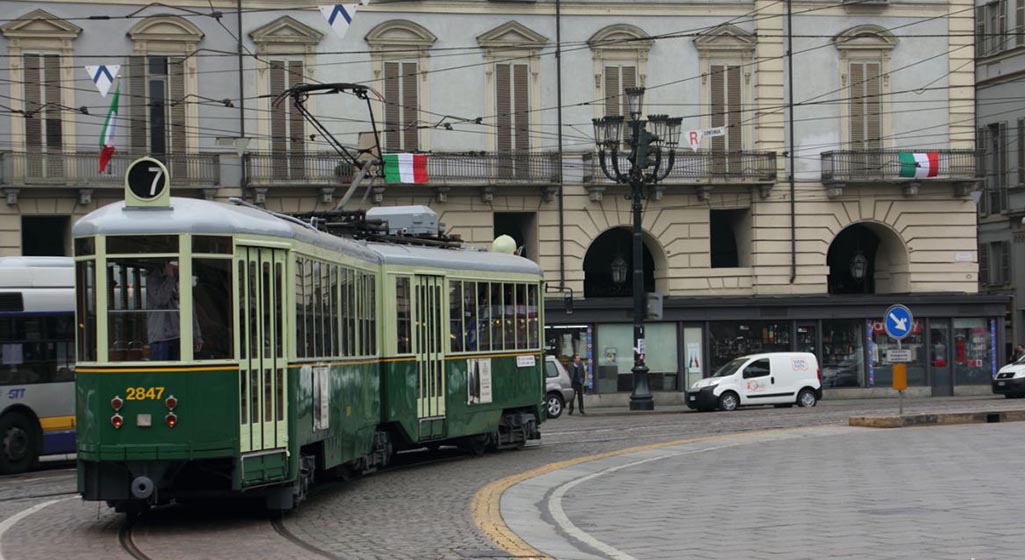
3. Transport Cards: How to Make the Most of Turin’s Public Transportation
Turin has a well-developed public transportation system, including buses, metros, and trams, which can easily take you to the city’s major attractions, commercial areas, and residential districts. Knowing how to use the transport cards in Turin is key to maximizing your travel efficiency.
- Tobus Transport Card The Tobus card is the primary method for accessing public transportation in Turin. You can conveniently purchase this card at metro stations, train stations, or other designated sales points, including some tobacconists and convenience stores. When purchasing, you have a range of options depending on your travel needs. A single ticket, which allows one journey on any mode of transport, costs around 1.70 euros. If you’re planning to explore the city over the course of a day, the 24-hour pass priced at 3.50 euros offers unlimited travel within that period, making it a cost-effective choice for tourists who want to visit multiple attractions in a single day. For extended stays, there are multi-day passes available, which provide convenience for frequent travelers.
- Using the Metro and Trams Turin’s metro system currently features one main line (Line M1), which connects the central areas of the city to the suburbs, making it an essential part of public transport. This metro line is highly efficient, with trains running frequently throughout the day, making it a quick and convenient way to travel. Almost every metro station displays signs in both Italian and English, allowing non-Italian speakers to navigate the system easily. The tram network in Turin is also very user-friendly, offering a scenic and leisurely way to travel through the city, particularly in more remote or residential areas. The trams are an ideal choice for a comfortable ride, especially when traveling short distances within the city center or to surrounding neighborhoods.
- Monthly and Annual Passes For visitors planning to stay in Turin for a longer period or those who intend to use public transportation frequently, it is highly recommended to purchase a monthly or annual pass. These passes provide significant savings over individual tickets, making them ideal for those commuting daily or exploring the city for extended periods. A typical monthly pass costs around 35 euros, providing unlimited travel on all modes of public transportation throughout the month. For even more convenience, the annual pass is available for long-term residents or those working in Turin, offering a year of unlimited travel across the city’s transportation network. The monthly and annual passes also allow for seamless transitions between buses, metro lines, and trams, making travel across the city quick and efficient.
- Bikes and Electric Scooters In addition to traditional public transport, Turin has embraced environmentally friendly alternatives such as shared bicycles and electric scooters, available for rent through several mobile applications. These services are ideal for visitors who enjoy a more relaxed pace and want to take in the city’s scenery up close. Both shared bikes and scooters are widely available in key locations around the city, and renting them is as simple as using a smartphone app to locate, unlock, and pay for the ride. They provide a convenient option for exploring neighborhoods that are less accessible by public transport or for a leisurely ride along the city’s beautiful streets and parks. The availability of eco-friendly transport options like these also supports sustainable tourism while offering a fun and convenient way to move around Turin.
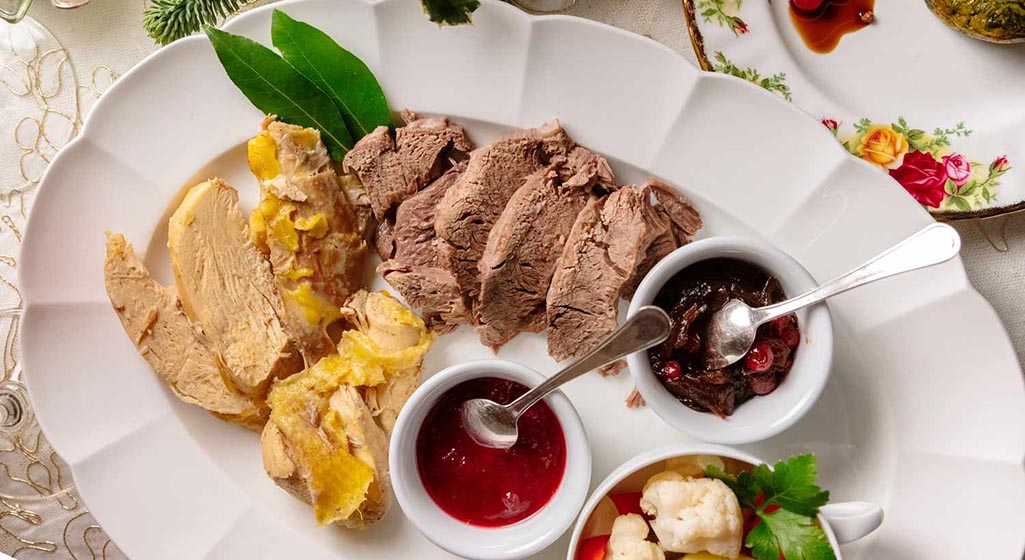
4. Local Customs and Culture: How to Integrate into Turin’s Life
Turin is not only known for its history and cuisine but also for its unique local customs and culture. Understanding these local customs will help you better integrate into the life of this city and enjoy a more authentic travel experience.
- Dining Culture Turin is one of the important birthplaces of Italian cuisine, particularly known for its chocolates, coffee, and wines (especially its regional wines). You can try traditional Piedmontese dishes, such as boiled meats (Bollito misto) and black truffles, in many of Turin’s restaurants.
- Coffee Culture: Italians have a near-religious devotion to coffee, and in Turin, coffee shops are an essential part of daily life. You can enjoy a rich espresso or cappuccino at a local coffee shop and experience the unique charm of Italian coffee.
- Pay Attention to Meal Times In Italy, meal times are usually quite fixed. Breakfast typically starts at 7 AM, lunch is from around 12:30 PM to 2:30 PM, and dinner begins around 7:30 PM and may go on until 10 PM or even later. Many restaurants and cafes adjust their opening hours according to these time slots, so plan your meals accordingly.
- Etiquette and Dress Code In Italy, especially in Turin, there is a strong emphasis on fashion and dressing appropriately. While there are no strict dress codes, appropriate attire is important, particularly in high-end restaurants or venues. Avoid wearing overly casual or revealing clothes, especially in formal settings.
When first arriving in Turin, understanding the language, currency, transport cards, and local customs will help you better integrate into this fascinating city. By preparing ahead and familiarizing yourself with this basic information, your trip will be more enjoyable and smooth. Turin is not only a city with a rich cultural and historical heritage, but its hospitality and unique lifestyle will offer every visitor an unforgettable experience.
